Enhancing Lead Capture and Revenue in Home Services with AI Smart Chat

Discover how AI Smart Chat boosts lead capture and revenue in the Home Services industry with realistic benchmarks.
How AI Smart Chat Enhances Lead Capture and Revenue in the Tutoring Industry

Discover how AI Smart Chat can significantly enhance lead capture and increase revenue for tutoring businesses.
The Impact of AI on Modern Marketing Strategies
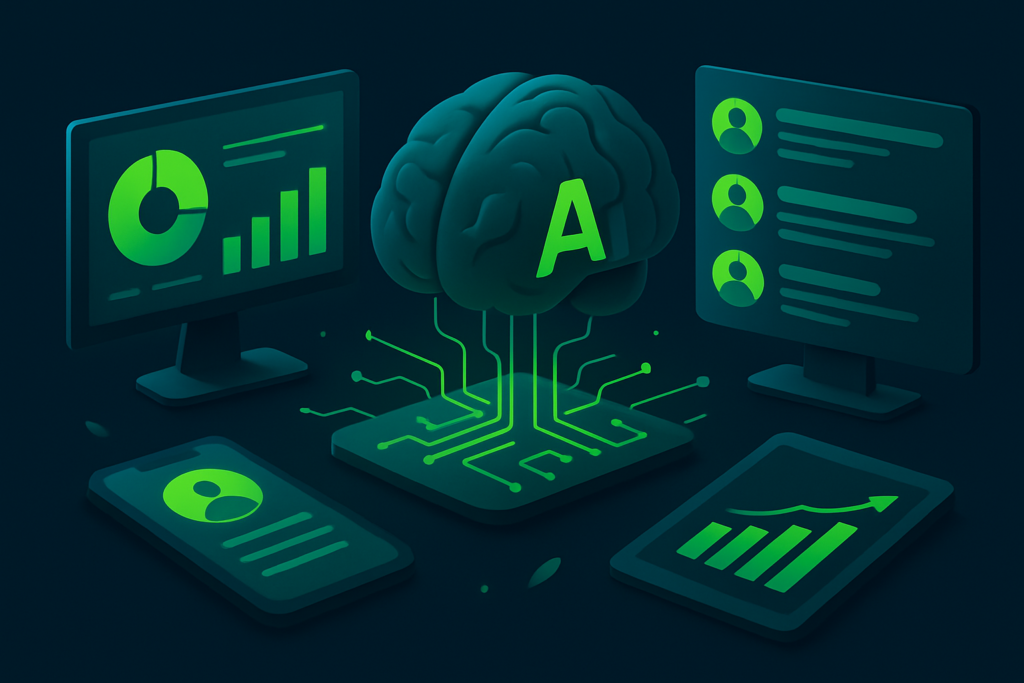
Explore how AI has transformed marketing strategies by boosting personalization, enhancing customer engagement, and streamlining campaign management, leading to unprecedented levels of success and efficiency for businesses.
Boosting Auto Repair Revenue with AI Smart Chat
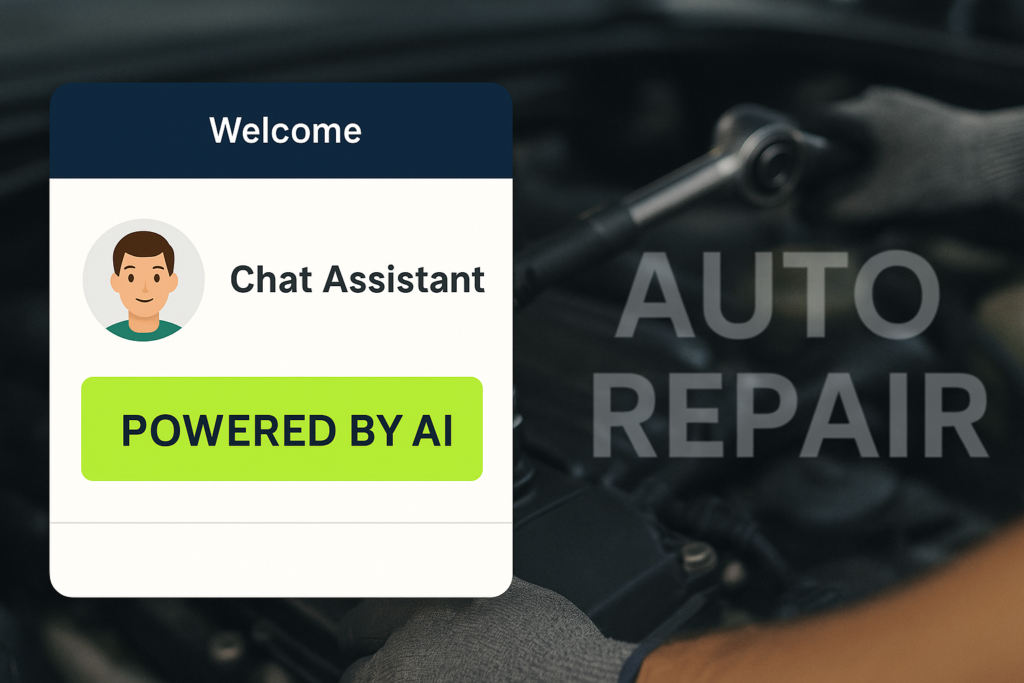
Explore how AI Smart Chat revolutionizes lead capture and boosts revenue in the auto repair industry with realistic benchmarks.
Enhancing Financial Services with AI Smart Chat: Boosting Lead Capture and Revenue
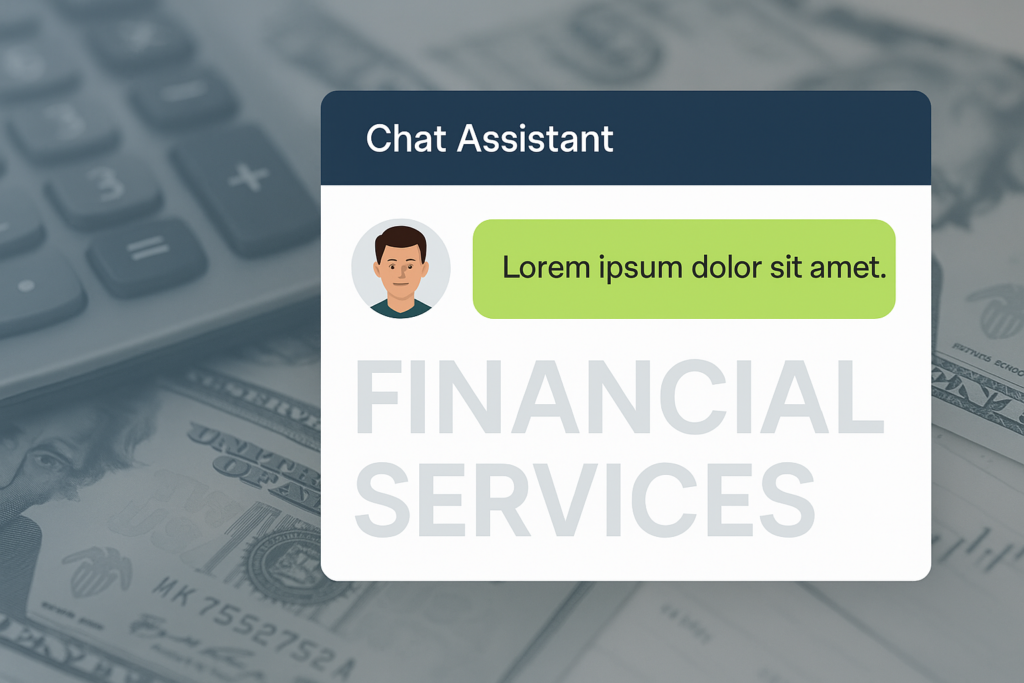
Discover how AI Smart Chat optimizes lead capture and boosts revenue in the financial services industry, leveraging conversion and response time improvements.
Enhancing Lead Capture and Revenue in Medical Clinics with AI Smart Chat

Discover how AI Smart Chat can significantly boost lead capture and revenue for medical clinics by optimizing response times and conversion rates.
Harnessing the Power of AI and Automation for Small Business Growth
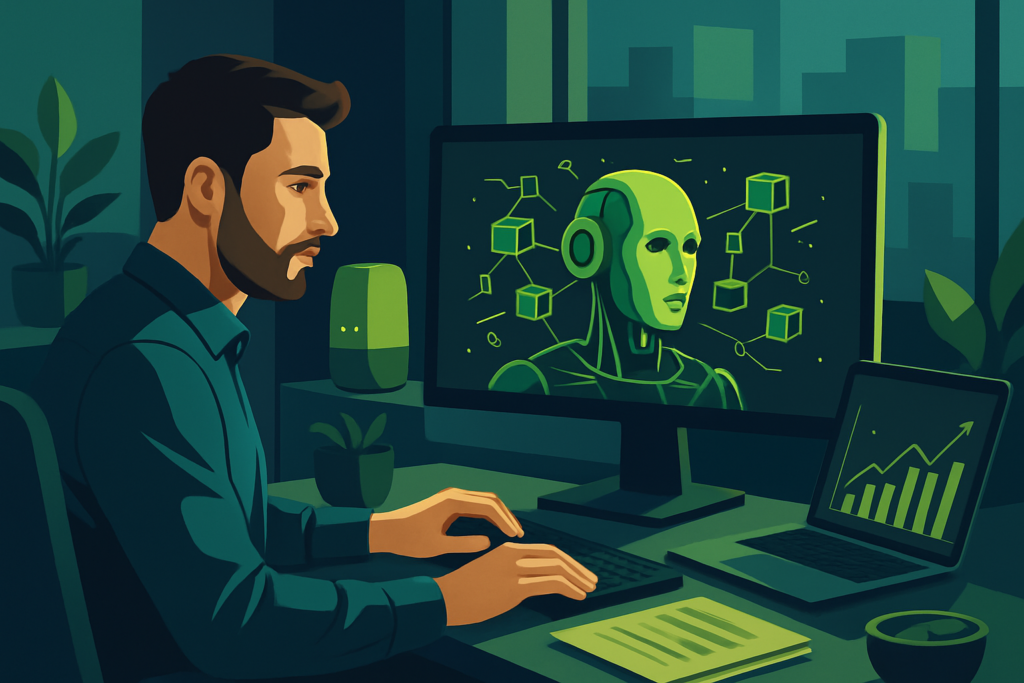
Explore how AI and automation are reshaping small business strategies in 2026. These technologies are crucial for improving efficiency, reducing costs, and driving growth in competitive markets.
How AI Smart Chat Transforms Lead Capture and Revenue in Contractors/Remodeling
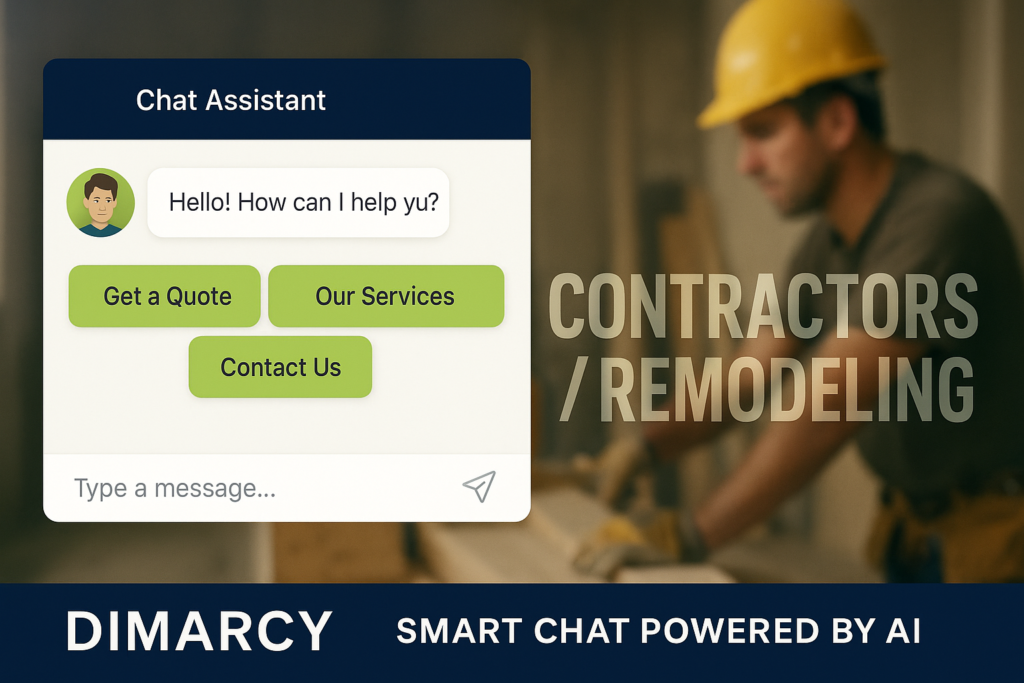
Discover how AI Smart Chat enhances lead capture and boosts revenue in the contractors/remodeling industry with realistic benchmarks.
Transforming Pet Services: Boosting Lead Capture and Revenue with AI Smart Chat

Discover how AI Smart Chat optimizes lead capture and enhances revenue for pet services, using industry-specific benchmarks and data-driven insights.
Boosting Fitness Business Revenue with AI Smart Chat

Discover how AI Smart Chat enhances lead capture and boosts revenue in the fitness industry with remarkable efficiency.










